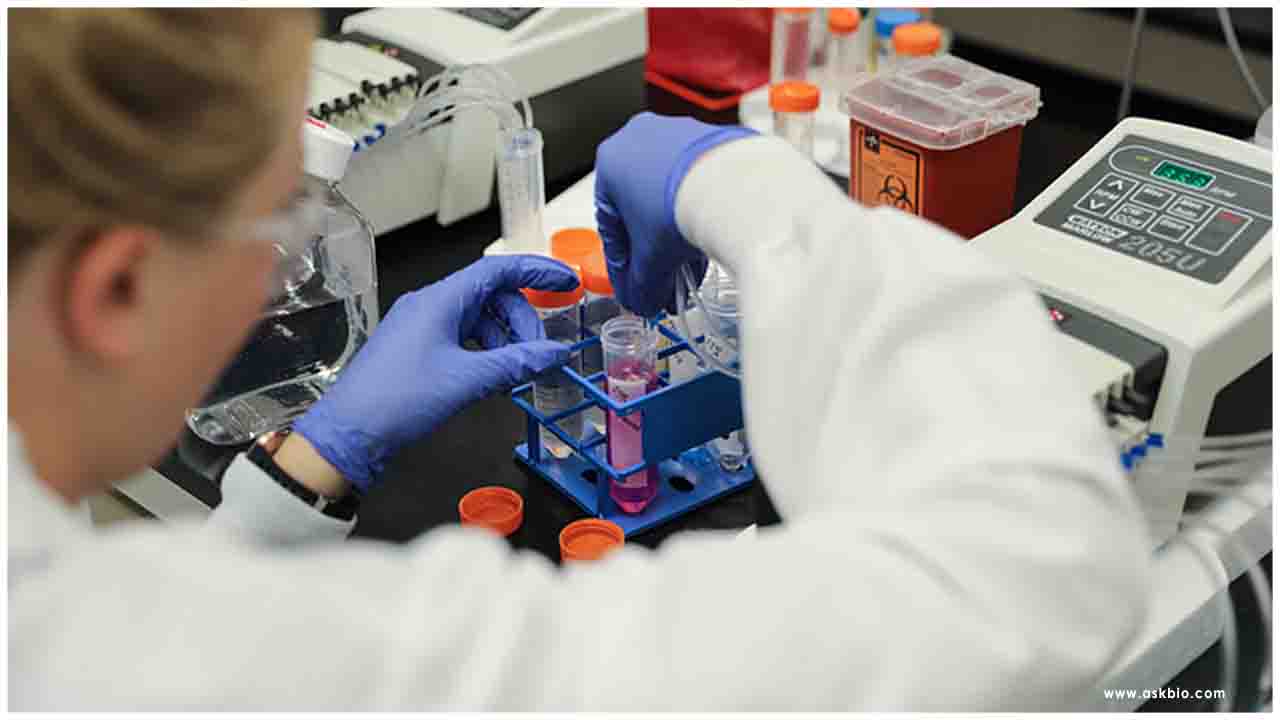Asklepios BioPharmaceutical, Inc. and Selecta Biosciences, Inc. announced that the U.S. Food and Drug Administration (FDA) has granted orphan drug designation to MMA-101, an AAV-based gene therapy in development for the treatment of isolated methylmalonic acidemia (MMA) due to methylmalonyl-CoA mutase (MMUT) gene mutations. MMA-101 previously received rare pediatric disease designation from the FDA in October 2020.
“The orphan drug and rare pediatric disease designations for MMA-101 support the tremendous medical need that exists for patients with MMA,” said Sheila Mikhail, CEO and co-founder of AskBio. “We look forward to working with the FDA to bring a new treatment to these patients as efficiently and quickly as possible.”
“With ImmTOR in combination with AAV technology, Selecta and AskBio are seeking to address the significant unmet need in MMA. We’re pleased the FDA has further acknowledged these efforts by awarding the program orphan drug designation,” said Carsten Brunn, Ph.D., chief executive officer of Selecta Biosciences. “We are excited to continue evaluation of the ImmTOR platform to induce AAV-specific immune tolerance and potentially enable gene therapy redosing.”
MMA is a rare monogenic disorder in which the body cannot break down certain proteins and fats. This metabolic disease may lead to metabolic crisis and is associated with long-term complications, including feeding problems, developmental delays, intellectual impairment, chronic kidney disease, optic nerve atrophy, osteopenia and pancreatitis. Typically, well-managed patients have periods of relative health with intermittent metabolic decompensation events that may result in multiorgan failure, triggered by intercurrent infections or stress episodes. Symptoms of MMA usually appear in early infancy and vary from mild to life-threatening. Without treatment, this disorder can lead to coma and, in some cases, death.
AskBio and Selecta expect to initiate a Phase 1 clinical trial of MMA-101 and ImmTOR for patients with MMA in the first half of 2021.
The FDA Office of Orphan Products Development grants orphan drug designation to investigational treatments intended for rare diseases affecting fewer than 200,000 people in the U.S. The program was created to encourage the development of medicines for rare diseases, and benefits include tax credits and application fee waivers designed to offset some development costs, as well as eligibility for market exclusivity for seven years following approval.
The FDA grants rare pediatric disease designation to incentivize the development of new treatments for serious and life-threatening diseases that primarily affect children ages 18 years or younger, with fewer than 200,000 people affected in the U.S. The rare pediatric disease designation program allows sponsors who receive approval for a product to potentially qualify for a voucher that can be redeemed to receive a priority review of a subsequent marketing application for a different product.

 AskBio and Selecta expect to initiate a Phase 1 clinical trial of MMA-101 and ImmTOR for patients with MMA in the first half of 2021
AskBio and Selecta expect to initiate a Phase 1 clinical trial of MMA-101 and ImmTOR for patients with MMA in the first half of 2021



















.jpg)















